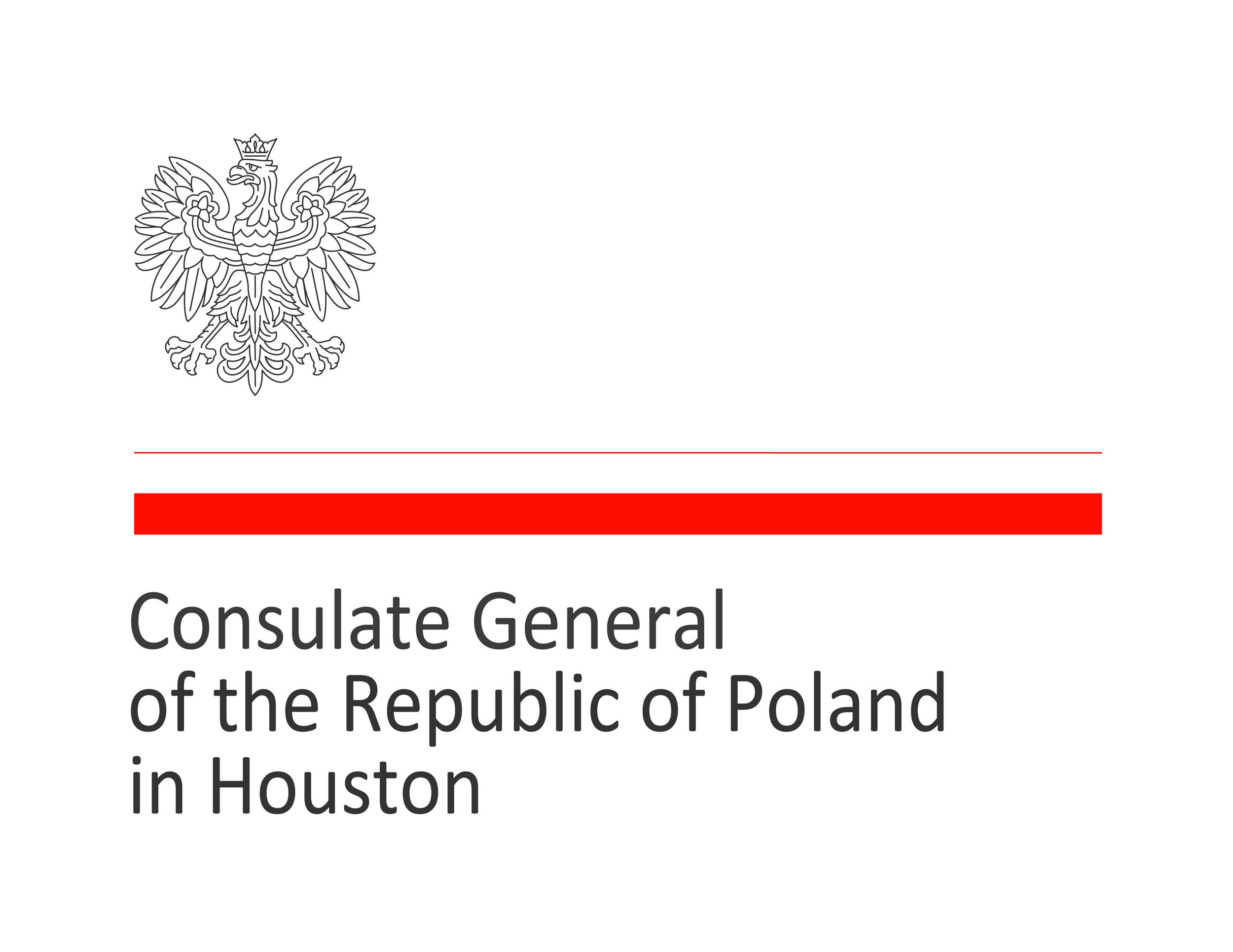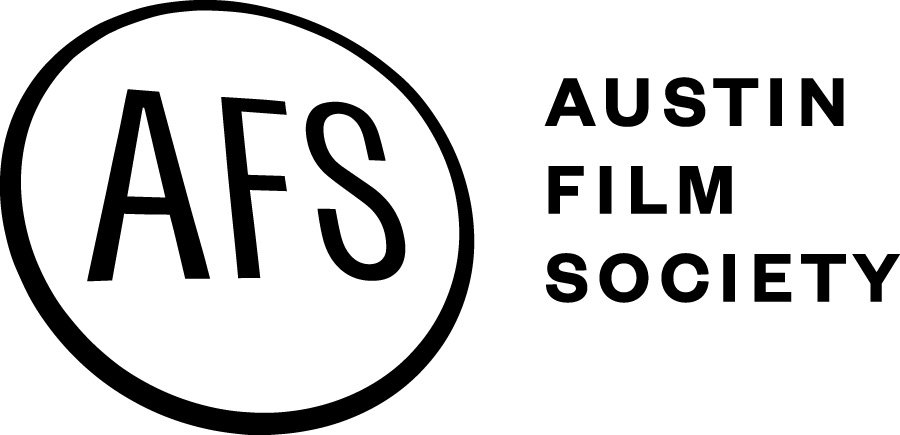Monastery of Mercy - Interview with Jacek Raginis-Królikiewicz
/Jacek Raginis-Królikiewicz, director of The Day of Wrath Television Theater production based on a play by Roman Brandstaetter, in an interview with Joanna Sokołowska-Gwizdka (Translated by Anna Boyet)
The Day of Wrath is a 1962 play by Roman Brandstaetter. The Television Theater play with the same title was produced in 2019. What inspired you to take on that particular play?
I first discovered the works of Roman Brandstaetter many years ago when I read his excellent four-volume novel Jesus of Nazareth. I knew the author as an outstanding writer, poet, and translator but I had no idea that he was also a playwright. It was 2018; I just wrapped up working on Inspection – a play about the fate of Polish officers at a POW camp before the Katyń massacre, and I was looking for a subject for a new project that would be just as deep and powerful. The motif of temptation and choice under extreme circumstances has always held interest for me. So when a friend of mine brought up Brandstaetter’s The Day of Wrath drama as a forgotten masterpiece, I dove deep into that play, and I was struck by it – particularly by the culmination scene. “I have to do this” – I thought. I drafted the outline for the adaptation over the next few days.
The drama triggers an emotional response, and reflection on the value of life and boundaries that must not be crossed; viewers are caught off guard by a sense that nothing is clear cut, there is no black and white. To what extent did you remain true to the original play, and how much of it is your director’s interpretation?
I made some cuts to the original play without compromising the core of the drama. I had to fit a 2.5 hour long performance into 85 minutes. Brandstaetter dedicated his play to the memory of Polish martyrs who died at the hands of the Nazi Cains for helping and sheltering Jews during the occupation. He inscribed those words on the title page of the drama.
It was that message that guided me. It prompted me to open the play with a prologue of Born reading an actual order of governor Hans Frank issued in October 1941, that made aiding or sheltering Jews punishable by death. That was the law in Poland throughout the war, and the crackdown there were so much more severe than anywhere else in Europe. Why did Nazis enact that law in Poland? Obviously, to eradicate the spontaneous help that Poles were extending to Jews. But Polish people continued to hide Jews, even at the cost of their own life. And that’s what I wanted to show in the prologue scene. It was important to me to make the young generation in Poland who don’t know much about the war, as well as the viewers abroad, aware of the extreme risk and a critical dilemma faced by the protagonists of the drama. It wasn’t a simple moral choice on their part - it involved a real life threat. Even though the point of my adaptation diverges from the original play, I am sure that it aligns with the message intended by the author.
Characters in Roman Brandstaetter’s plays often experience metanoia, i.e. spiritual conversion. Protagonists rediscover themselves; notice something they failed to see before. They embark on a path of discovery in defiance of all logic or social pressure. In your opinion, to what extent will the play resonate with today’s audience, and does it carry a universal message?
Although Brandstaetter’s play is set during the Second World War, I am confident that in a number of ways its message still rings true today. It contemplates opportunities and difficulties involved in communicating with people who represent opposing views, come from very different backgrounds. It’s a story about encountering an Alien, a Stranger, about being able to look at an adversary and see a human being. A story where a morally corrupt and hate-driven war criminal may show profoundness and sensitivity. The question is whether metanoia is actually possible at the bottom of perdition. I also read the play as a raw and poignant study of conversation between Jews and Poles, followers of Judaism and Christianity, of their mutual relations. But it’s also a reflection on despair, on rejecting faith in the face of an enormity of suffering. To me, the words spoken by the young Jew Emanuel Blatt are as poignant as those of father Paneloux in Camus’s The Plague after he witnessed the painful death of an innocent child. I consider The Day of Wrathto be one of the greatest works of world literature.
The play is clearly inspired by medieval Passion plays, but it also draws from Greek tragedies with the chorus of monks offering a commentary of actions. Was it hard to achieve a theater-like effect of a television production?
Actually, the goal I set for myself was completely different. I wanted viewers to feel like they were watching a movie par excellence rather than a stage play. And not just any movie – but rather a superbly produced, suspenseful thriller. At the same time, The Day of Wrath is a mystical drama with a prominent role played by a Chorus of Fathers who provide a poetic commentary to the actions, just like in a classical drama. While working on the screenplay I realized I wanted the chorus parts to sound like a Gregorian chant, to highlight the unique setting of The Day of Wrath. I wouldn’t be able to pull this off without the help of the singers of the Bornus Consort early music ensemble, one of the most outstanding performers of choral music in Poland and Europe, specifically Marcin Bornus-Szczyciński and Stanisław Szczyciński. They composed brilliant music, and performed in the play as actors.
Born to a Jewish family, Roman Brandstaetter was a Polish patriot and a Catholic versed in the Bible, whose drama The Day of Wrath focused on Polish – Jewish – German relations during the Second World War. Do you believe that a stage play has the power to change the stereotypical image of a Polish anti-Semite or the use of the term “Polish concentration camps”?
My hope is that The Day of Wrath will contribute to changing that damaging stereotype. Tens of thousands of Holocaust survivors owe their lives to Poles who came to their aid. In some cases, keeping a single Jew alive over several years of the German terror involved help of more than a dozen Polish people. And each of those rescuers put their own life on the line, facing the risk of death for themselves and their entire family. Admittedly, there were also Polish snitches, war criminals, and shmaltzovniks (*blackmailers of Jews), but those were much fewer, and mostly with a criminal background. One of the characters in Brandstaetter’s drama is a Polish woman who is an anti-Semite, a blackmailer, and an informant. All that needs to be said out loud. Reconciliation can only be built on dialogue, and telling the truth - however hard; but most of all – on creating opportunities to get to know each other. I am thrilled to see Jewish culture festivals pop up all over Poland, and Polish films screened in Israel; to witness the economic cooperation bloom. I believe that the more we learn about each other the more we improve the odds of being able to break out of the vicious circle of prejudice and stereotype.
The Day of Wrath has been screened and won awards all over the world. Please tell us a little bit about that.
Bear in mind that our production was really modest, with a budget of about 250 thousand dollars. We intentionally scaled down our set design, and the entire movie was practically filmed in one location. It premiered on Polish TV in November 2019. Because of that, we are not participating in premiere festivals, focusing instead on smaller, independent film festivals abroad - in the US, Canada, Italy or even in India. The pandemic complicated everything; some film competitions got cancelled, others moved online, or adopted a hybrid model. So far, The Day of Wrath had screenings at dozens of film competitions all over the world. The very fact of making it through to the official selection of foreign festivals, getting picked from among thousands of submissions from all over the world – I consider that a success. At the recent Hollywood Divine International Film Festival in Camp Hill, Pennsylvania we literally got showered with awards, including Best Picture for The Day of Wrath, Best Director, Best Lead Actor, and Best Lead Actress. That level of recognition by foreign festivals clearly shows that we succeeded in telling a universal story that engages even those viewers who don’t have the Polish historical context.
I am particularly thrilled with the awards won by the actors: Radek Pazura who played the Prior (Canadian International Faith & Family Film Festival 2020, Canada, Toronto - Best Leading Actor), Janek Marczewski as Blatt the Jew (Hollywood Divine International Film Festival 2020, Camp Hill, Pennsylvania) or Natalia Rybicka as Julia (Hollywood Divine). We have amazing actors, and I am really excited that they are getting appreciated abroad.
You mentioned Inspection - another prizewinning Television Theater play. Your father, director Grzegorz Królikiewicz was involved in that project.
That’s correct. At the time, my father was an experienced director, and a professor at the Łódź Film School. He wrote that drama over the course of several years, and was planning to direct it. He invited me to work with him on the screenplay a few months before it went to production. As a graduate of historical studies, I combed through source texts and historical documents, which led to developing new story lines and characters; for example, an important character of Stanisław Świaniewicz who escaped death, and described his experience in a harrowing memoir In the shadow of Katyń (W cieniu Katynia). I was also able to uncover new details about major Vasily Zarubin who investigated Polish officers. I was responsible for casting, and putting together the film crew. My father died while working on the project. It was a shock. I made the decision to carry our project through, but a lot needed to change. I am sure that shooting the film helped us all, including a lot of my father’s former students, cope with our loss and actively process our grief. That movie set was truly everything but ordinary. I accepted the Grand Prix awarded to Inspection at the “Two Theaters” Festival of Polish Radio and Television Theater in Sopot in 2018 with a feeling of great satisfaction but also tremendous loss. I wished my father could stand there in my stead.
What did your father teach you?
A number of things. He sparked my fascination with history. He made feature films but he also put out a number of historical television plays. He was a remarkable erudite. I pursued a degree in history so that I could effectively face off against him in the heated arguments and disputes we had about the past. He also “infected” me with his passion for film. But above all, he taught me how to view reality as a paradox. He himself was full of contradictions. He was a long distance runner with a temperament of a sprinter. He would often say “I work for the future” and yet he was deeply rooted in the past, where he searched for sources of our ethos and identity.
You adopted Raginis as your last name to honor a famous family member - captain Władysław Raginis who died by suicide, refusing to lay down his arms at Wizna in September 1939. That battle is known as the Polish Thermopylae. A commemorative plaque at the battle site reads: Please tell our Homeland that we fought until the end, doing our duty. Can you recall a pivotal moment that helped you decide to take his name?
It was a slow process. I could tell you jokingly that I was inspired by the novels I read in my youth about Native American warriors taking on new names as part of their rite of passage into adulthood. But seriously – the memory of Władysław Raginis has always been part of the family legend. He was my mother’s uncle; her family came from Kresy– the Eastern borderlands. He died childless. One of my father’s early directing projects was a documentary he made in 1969 entitled Fidelity (Wierność) featuring former soldiers of captain Raginis. Also, my work as a journalist and documentary short director involved meetings with all kinds of people of the underground, and I needed some form of a disguise. So, at some point, I started signing my name as Jacek Raginis. Over time, I adopted it as my alias. I did that in part to preserve the memory of the brave captain, and in part because I concluded that one Polish filmmaker named Królikiewicz was enough. When the burial place of captain Raginis was discovered in Wizna, and his remains were exhumed, I was asked to take a DNA test that confirmed my relationship with the captain. The decision to officially change my name came two years ago, after my father passed away, and after I completed Inspection.
As a director, you don’t shy away from tough historical topics that involve reconciliation with the past. What’s your next project?
I prefer to not discuss ongoing projects. I can say though that while history remains my primary focus, I am on the lookout for a contemporary screenplay, and who knows - maybe the next festival I attend or another interview I give will bring me together with a screenwriter or a text that I have been waiting for for years. I am easy to find on Facebook, so do reach out.
The Day of Wrath – Television Theater production based on the play by Roman Brandsteatter, 2019. Directed by: Jacek Raginis-Królikiewicz, Screenplay by: Jacek Raginis-Królikiewicz, Cast: Radosław Pazura (Prior), Rafał Gąsowski (SS Officer Born), Daniel Olbrychski (Home Army Soldier), Jan Marczewski (Emanuel Blatt), Natalia Rybicka (Julia Chomin).
Jacek Raginis-Królikiewicz is a Polish film and television director, a screenwriter, and an author of radio plays. He has a degree in history from the Catholic University of Lublin and in film production from the Łódź Film School. In his work, he focuses on historical events and the related existential and moral dilemmas of an individual. He likes to work in the genre of psychological drama and thriller. Personally, he is the son of a Polish film director Grzegorz Królikiewicz.
Interview in Polish at www.cultureave.com










